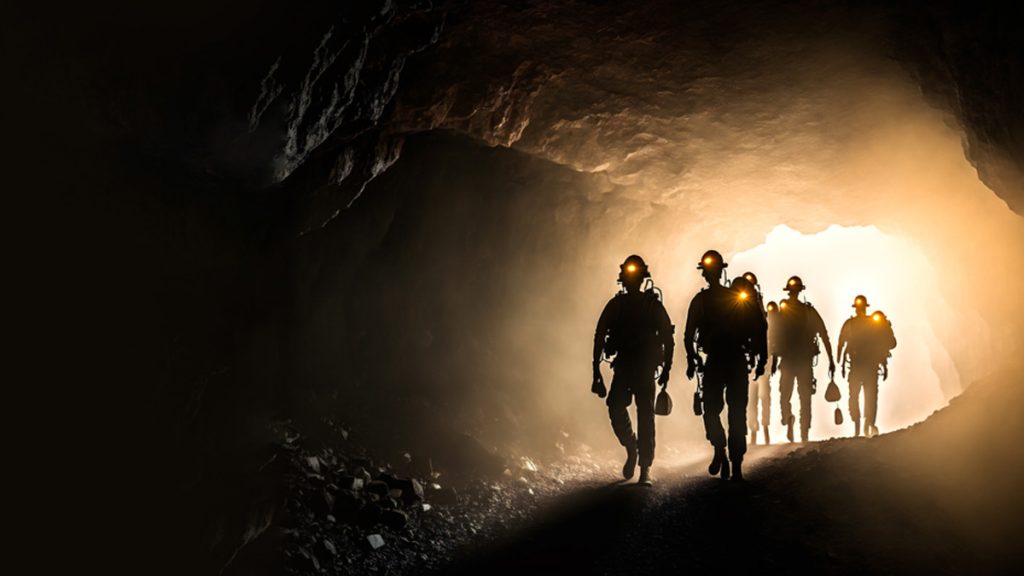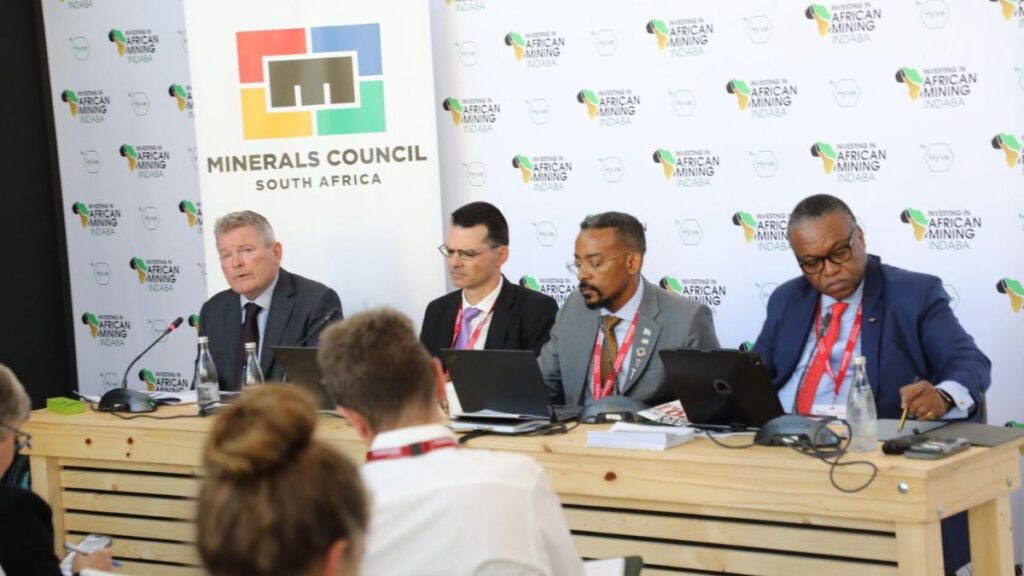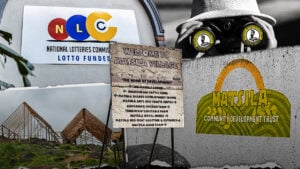Government’s plan that threatens 25,000 jobs in South Africa

The South African government’s latest policy plans to revive the country’s struggling ferrochrome industry have sparked concerns from the Minerals Council South Africa (MCSA).
The council warned that the move could threaten an industry responsible for around 25,000 South African jobs.
While the council supported the principle of beneficiation—adding value to raw minerals within South Africa—it stressed that any effort to promote this must be inclusive and carefully considered to avoid doing more harm than good.
“The process to create an environment conducive to beneficiation must include all stakeholders to ensure unintended consequences are avoided in other industries, and do not negatively impact economic growth and associated jobs,” the council said.
The warning follows a Cabinet decision in June 2025 to finalise an agreement between government and industry on a preferential electricity tariff for ferrochrome smelters.
Cabinet also announced it would introduce a permit system for chrome ore exporters via the International Trade Administration Commission of South Africa (Itac), and begin work on a chrome ore export tax.
According to the Minerals Council, these interventions were approved without prior consultation with the industry, particularly the non-integrated chrome producers it represents.
“The Minerals Council, which represents 90% of South Africa’s mineral production by value, is disappointed that there was no consultation between the relevant government departments, ministers and the Minerals Council on these proposed interventions,” it said.
“We believe engagement is crucial to ensure alignment that will deliver the goals South Africa desperately needs, which are economic growth, job creation and a sustainable mining and processing sector.”
South Africa is the world’s largest chrome concentrate producer, but has lost its edge in ferrochrome production to China.
The shift has largely been driven by China’s structural advantages, including lower electricity and labour costs and access to cheaper capital.
South African smelters, on the other hand, have struggled with steep increases in electricity costs, which have risen nearly 900% over the last two decades.
As a result, many smelters have been mothballed or permanently closed.
“Increasing electricity costs have made domestic beneficiation economically unviable. Chrome producers have opted instead to export chrome concentrate rather than process it at a loss,” the council said.
A tax is not a good idea
In this context, the council cautiously welcomed parts of the Cabinet’s announcement.
“We acknowledge the Cabinet’s efforts to address one of the key factors that has rendered South Africa’s ferrochrome industry uncompetitive,” it said.
This refers to the proposed preferential electricity tariffs and the use of special economic zones for tax breaks.
However, it emphasised that details remain lacking, requiring extensive consultations with the Government to understand these proposals and which industries will benefit.
The council also supports the idea of requiring chrome exporters to obtain permits if it helps curb illegal exports.
“To the extent that it prevents illegal exports of chrome, the Minerals Council welcomes the proposal to require all chrome exporters to obtain permits from the International Trade Administration Commission of South Africa,” it said.
“However, we would strongly oppose any suggestion that such a system be expanded or used to impose export quotas or restrictions on legally mined chrome.”
Its strongest objection is reserved for the idea of a chrome export tax. The council said this idea has surfaced multiple times and has always been rejected after detailed consultations and studies.
“Each time, research unequivocally demonstrated why such taxes would not achieve the Government’s aims of sustaining the ferrochrome industry and the preservation of jobs,” the council said
“Instead, they would have a negative impact on chrome producers and the significant contribution this industry makes to both South Africa’s economy and the jobs it sustains and grows.”
Chrome mining, it noted, has been one of South Africa’s most successful mining subsectors.
Stats SA data shows that chrome production grew by an average of 8.4% a year in real terms between 1994 and 2024, compared to just 1.3% for total non-gold mining output.
The sector has also steadily created jobs. In 2024 alone, South Africa exported a record 20.5 million tonnes of chrome, generating R84.6 billion in revenue.
“Given this strong performance, there has been no need to implement an export tax to date, and there remains no reason why one would support increased beneficiation in South Africa now,” the council concluded.
The Minerals Council said it will urgently engage with the ministries of Electricity and Energy, Mineral and Petroleum Resources, Trade, Industry and Competition, and National Treasury.
This will be done to seek clarity on the proposals and push for an approach that balances beneficiation goals with economic sustainability and job preservation.





















